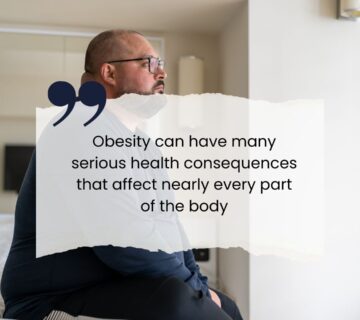The Difference Between Weight Loss and Fat Loss
In the pursuit of a healthier body, many individuals often confuse weight loss with fat loss. While both terms are closely related to body composition, they carry distinct implications for your health and well-being. Understanding these differences is essential for anyone aiming for sustainable results in their fitness journey. Let’s delve into what differentiates weight loss from fat loss and why prioritizing overall health is crucial.
Weight Loss vs. Fat Loss
Weight Loss
Weight loss refers to a reduction in total body weight, which can include the loss of water, muscle mass, fat, and even bone density. Many people pursue weight loss as a goal, but it doesn’t always equate to fat loss. For instance, rapid weight loss from drastic calorie restriction or excessive cardio may lead to quick results, but this often comes at the expense of muscle loss and dehydration—neither of which are healthy outcomes. Additionally, losing weight without focusing on body composition may result in regaining that weight quickly once normal eating habits resume.
Fat Loss
Fat loss specifically targets the reduction of stored body fat, which is typically the desired goal for those seeking improved body composition. This approach not only enhances overall health but also boosts physical performance and metabolic rate. Unlike general weight loss, fat loss emphasizes preserving lean muscle mass while effectively reducing excess fat. Achieving fat loss usually involves a balanced approach, combining proper nutrition, strength training, and cardiovascular exercise.
Why Maintaining Health is Important
Muscle Preservation
Focusing solely on weight loss can lead to muscle loss along with fat. Maintaining muscle is critical for a healthy metabolism since muscle tissue burns more calories at rest than fat does. Incorporating strength training into your exercise routine can help preserve and even build muscle while effectively losing fat. In fact, studies show that individuals who engage in resistance training during weight loss maintain a higher metabolic rate compared to those who don’t.
Nutritional Balance
A healthy fat loss approach prioritizes nutrition over restrictive dieting. Instead of crash diets that promise rapid weight loss, aim for a balanced diet rich in whole foods—fruits, vegetables, lean proteins, and healthy fats. This not only provides essential nutrients but also helps maintain energy levels, boosts mood, and reduces the risk of chronic diseases. Research indicates that diets high in whole foods are associated with better long-term weight management and overall health.
Sustainable Results
Prioritizing fat loss over mere weight loss encourages sustainable lifestyle changes. Quick fixes often lead to yo-yo dieting, where individuals regain weight after returning to old habits. A healthy lifestyle that includes regular physical activity and mindful eating fosters long-term success and helps prevent future weight gain. Sustainable fat loss practices can lead to lifelong habits that not only enhance physical appearance but also improve quality of life.
Improved Health Markers
Fat loss can lead to significant improvements in health markers such as blood pressure, cholesterol levels, and blood sugar regulation. Reducing excess body fat decreases the risk of developing conditions like heart disease, type 2 diabetes, and certain cancers, contributing to a longer and healthier life. Notably, even modest fat loss (as little as 5-10% of body weight) can yield significant health benefits.
Mental Well-Being
The journey toward fat loss often involves the adoption of healthier habits, which can positively impact mental health. Regular exercise and a balanced diet have been linked to improved mood and reduced symptoms of anxiety and depression. Additionally, feeling good about your body and health can boost confidence and motivation. Engaging in physical activity releases endorphins, often referred to as “feel-good hormones,” which can elevate your overall mental state.
Conclusion
Understanding the distinction between weight loss and fat loss is vital for anyone seeking a healthier lifestyle. While losing weight can feel rewarding, focusing on fat loss ensures you’re making choices that enhance your overall health and well-being.
To achieve sustainable results, prioritize a balanced diet, regular exercise, and muscle preservation. Remember, the goal is not just to lose weight but to become healthier, happier, and more resilient. By adopting this mindset, you can set yourself up for lasting success on your health journey. Embrace the process and celebrate the small victories along the way—each step brings you closer to your ultimate health goals.






No comment